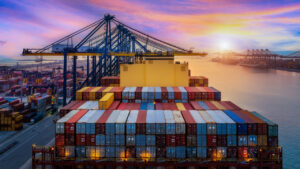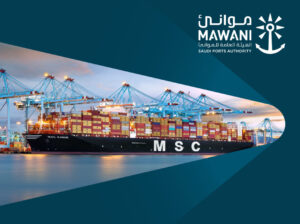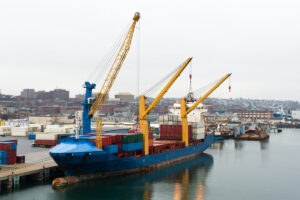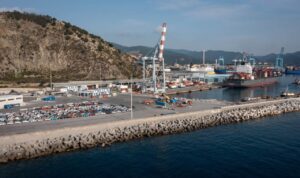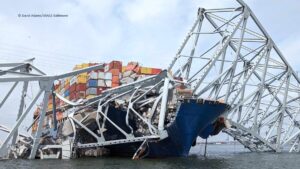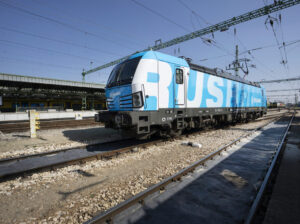Imports of counterfeit and pirated goods, which are transported by ship, truck, air and rail, are worth nearly half a trillion dollars a year, or around 2.5% of global imports, with China being the country where most fake goods originate, according to a new report by the OECD and the EU’s Intellectual Property Office.
US, Italian and French brands are the hardest hit and many of the proceeds go to organised crime.
The report, entitled “Trade in Counterfeit and Pirated Goods: Mapping the Economic Impact” puts the value of imported fake goods worldwide at US$461 billion in 2013, compared with total imports in world trade of $17.9 trillion.
The report analysed nearly half a million customs seizures around the world over 2011-13 to produce the most rigorous estimate to date of the scale of counterfeit trade.
It points to a larger volume than a 2008 OECD study which estimated fake goods accounted for up to 1.9% of global imports, though the 2008 study used more limited data and methodology.
Doug Frantz, Deupty Secretary-General of the OCED, said: “The findings of this new report contradict the image that counterfeiters only hurt big companies and luxury goods manufacturers. They take advantage of our trust in trademarks and brand names to undermine economies and endanger lives.”
Fake products crop up in everything from handbags and perfumes to machine parts and chemicals.
Footwear is the most-copied item though trademarks are infringed even on strawberries and bananas.
The OECD is due to host a forum at the OECD Conference Centre, Paris from April 19-20 which looks at methods for preventing corruption and protecting the supply chain.
Global trade without #corruption: #OECDIntegrity Forum: 19-20 Apr, speakers list & agenda https://t.co/nXKtYNwgt9 pic.twitter.com/UWSF1ZvaI0
— OECD (@OECD) April 18, 2016
The report covers all physical counterfeit goods, which infringe trademarks, design rights or patents, and tangible pirated products, which breach copyright. It does not cover online piracy, which is a further drain on the formal economy.
It notes that emerging economies tend to have the infrastructure for large-scale trade but often suffer from governance gaps and may lack the institutions and enforcement capacity to effectively tackle counterfeiting.
The top countries whose companies had their intellectual property rights infringed in the 2011-13 seizures were the United States, whose brands or patents were affected by 20% of the knock-offs, then Italy with 15%, and France and Switzerland with 12% each. Japan and Germany stood at 8% each followed by the UK and Luxembourg.
PTI previously reported Alexandra Wrage, President and Founder of anti-bribery compliance expert Trace has said that shipping is the most corrupt industry.
Global piracy in 2015 is also persisting at the same levels as 2014, despite the number of hijackings on ships.
See below for a video explaination of the extent of counterfeit goods:
(Source: OECD / YouTube)

